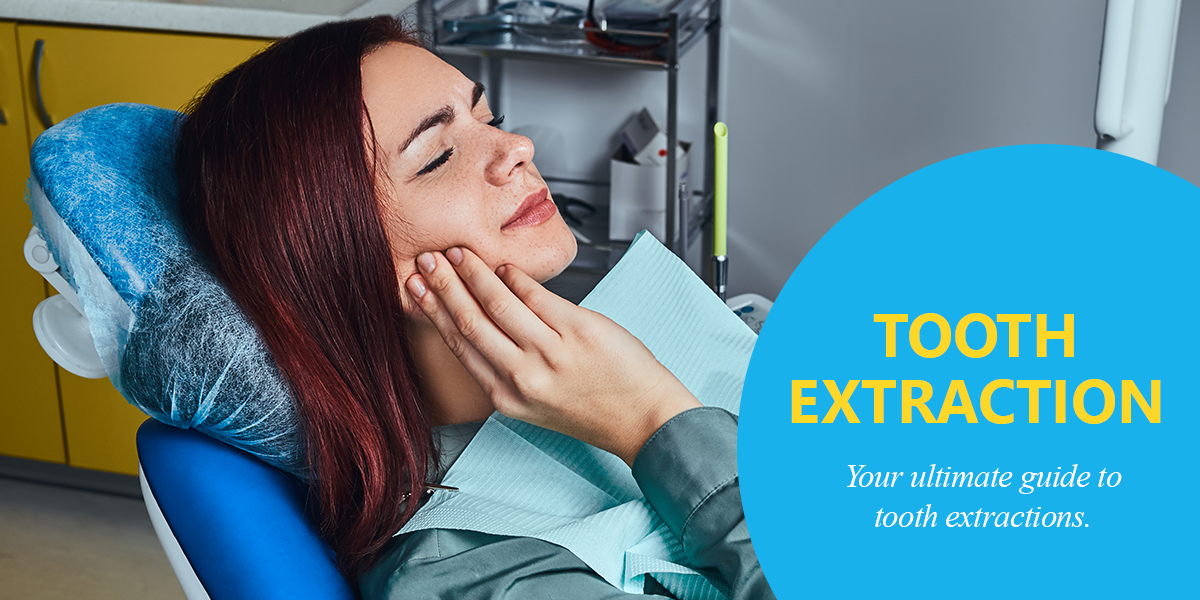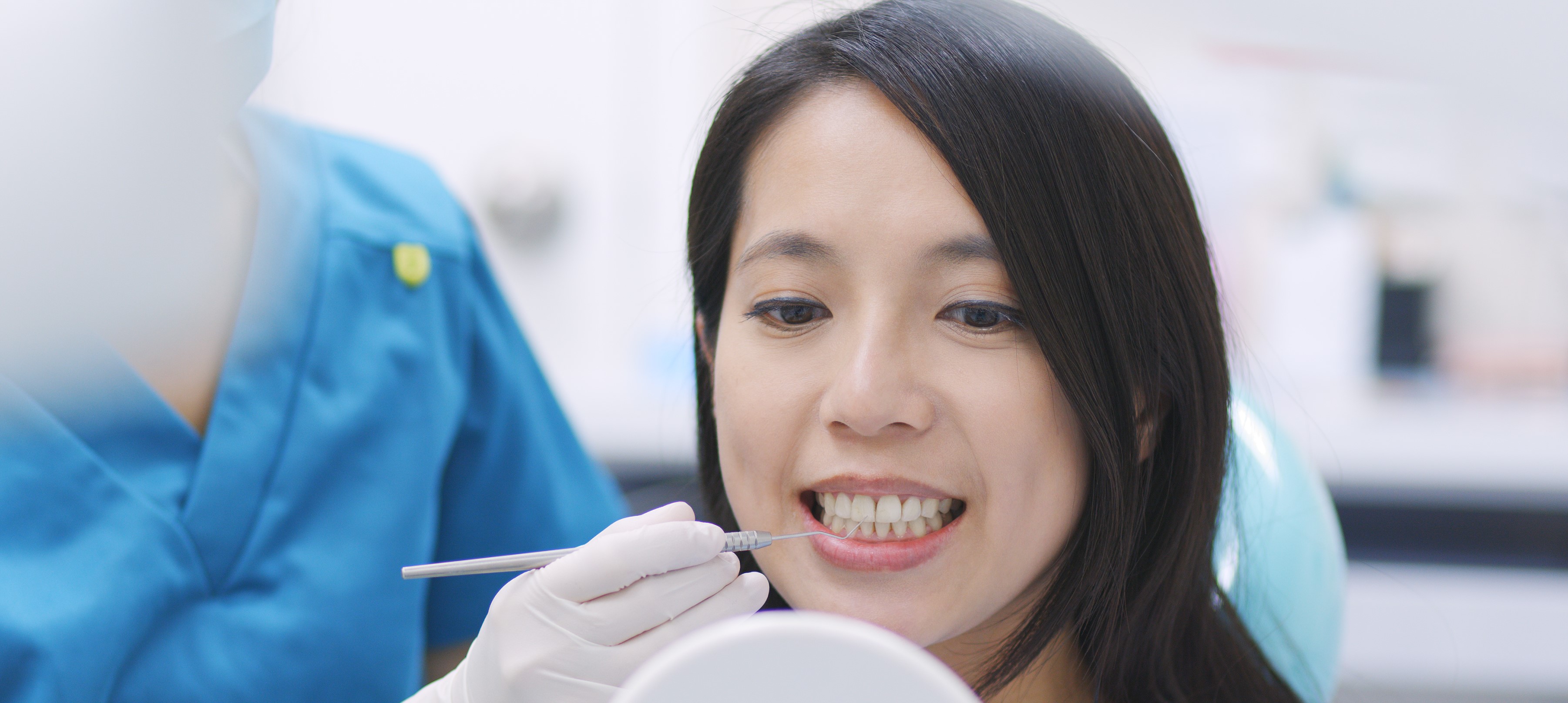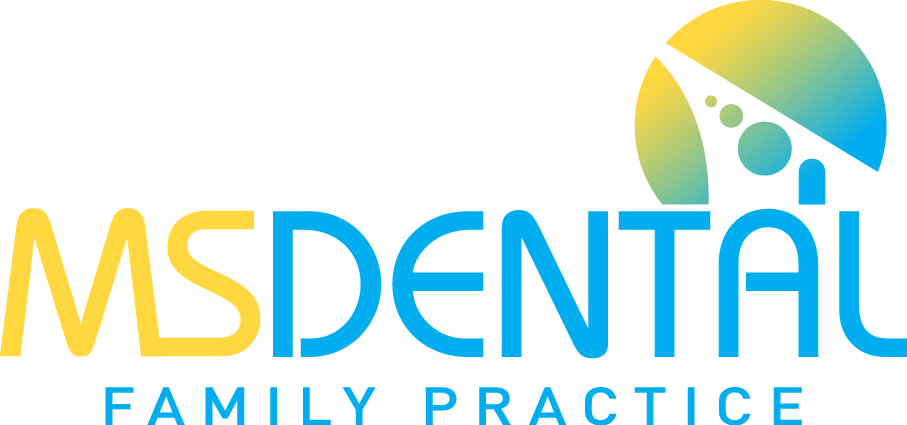
Tooth Extractions are often needed to be done to keep your teeth and gums healthy. It is a relatively quick procedure, done by a dentist or an oral surgeon. Most tooth extractions are simple, but some require a more involved procedure especially when the teeth are broken, impacted or found below the surface.
The most common causes of Tooth Extraction:
- Tooth decay.
Tooth decay is described as the decay of the tooth’s outer surface as a result of bacterial action. Tooth decay are caused by a lot of factors including bacteria in your mouth, sugary food and drinks, and not cleaning your teeth well. Once the decay/damage extends to the root of the teeth from its outer surface, the decay can cause serious infection. - Crowding
Sometimes, extractions are needed to properly align the teeth. A tooth which cannot grow out of the gum may be needed to be pulled.
- Risk of Infection
A compromised immune system where the risk of tooth infection is high may require tooth extraction. If you have Periodontal (Gum) Disease, the loose teeth may be extracted.

Pre-Extraction Care
Before getting your tooth removed, be sure to prepare for your extraction to have an easier time. Here are some things you need to prepare for this procedure:
- Pre-procedure Consultation and Exam
Before the extraction, your dentist will take an x-ray of your tooth. During this time, take the opportunity to ask questions and get details. No question is too silly to ask. It is also important to disclose your complete medical history, including your current medications, during this time. Knowing your conditions may help prevent unforeseeable infections and negative drug interactions.
- Food, Clothing and Transportation
There are no common restrictions in food for patients who will go under local anaesthetic for extraction. Smoking 12 hours before surgery and 24 hours after is also prohibited. Smoking slows down the healing process.
It is also advisable to wear comfortable clothing, lesser jewelry, and hair away from the face. You may also avoid contact lenses in case you fall asleep during the procedure.
Before jumping in on your appointment, it is also best to organize your transportation after the procedure. Preparing your food beforehand will also be best, so you do not have to worry about cooking.
- Anaesthetic
A local anaesthetic will be used to numb the area where the tooth will be removed. This will prevent pain throughout you body and make you sleepy during the procedure.
Post-Extraction Care
After your procedure, here are some reminders to help you recover well, minimize discomfort, and lessen the risk of infection:
- Take your medication, as prescribed.
You may be prescribed painkillers or antibiotics after your surgery. Take them as advised. - Food, Rest and Mental Stress
Rest and take it easy after your procedure. For one to two days after the extraction, you may be advised to rest and avoid too much physical activity. Lie down in a pillow and rest.
You may be asked to eat soft foods for the mean time to avoid chewing or biting hard. Gradually add solid food to your diet as your extraction site heals. You should also avoid rinsing or spitting forcefully to avoid dry socket. Do not drink from a straw for the first 24 hours and avoid hot liquids.
More importantly, try to remain calm after the procedure. This is a very nerve-wracking procedure especially for first timers, but it is important to remain calm and maintain open communication with us. - Possible swelling and other symptoms
Swelling and other problems can be expected after the procedure. Notify your doctor immediately if you notice symptoms that trouble you. Other symptoms to look out for include:- Shortness of breath, cough or chest pain
- Severe bleeding, redness or swelling
- Fever or chills
- Nausea or vomiting
The extraction site usually heals in one to two weeks. Brush your teeth gently and avoid the extraction site to avoid infection.
Set an appointment with us today!
Cardiff
Phone: (02) 4954 7722
Email: cardiff@msdental.com.au
Open Hours: Monday-Friday 9:00 AM – 5:30 PM, Thursday 9:00AM – 7:00PM, Saturday 9:00 AM – 4:00 PM
Singleton
Phone: (02) 6572 2526
Email: singleton@msdental.com.au
Open Hours: Monday – Friday 9:00 AM – 5:30PM
Fletcher
Phone: (02) 4953 8614
Email: fletcher@msdental.com.au
Open Hours: Monday – Friday 9:00 AM – 5:30 PM
















Leave a Reply